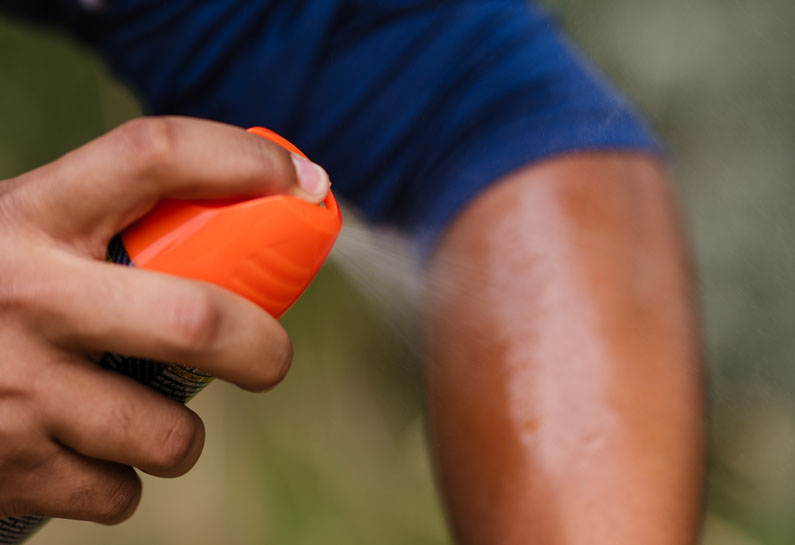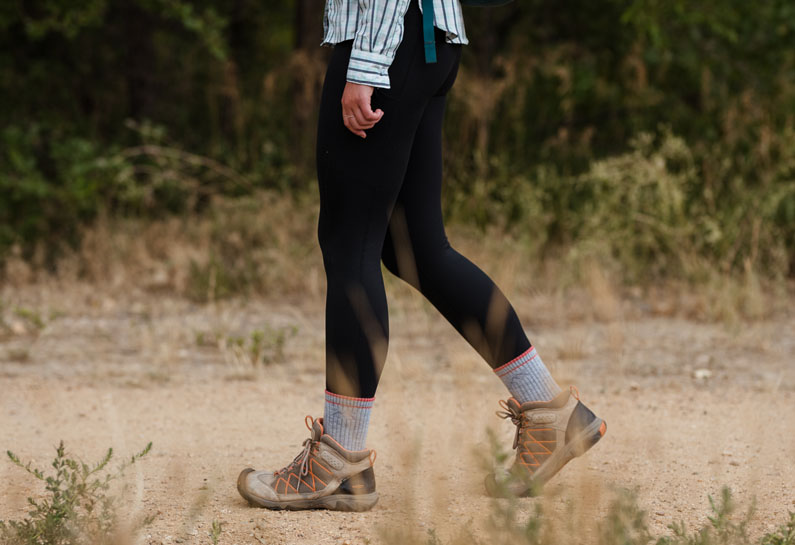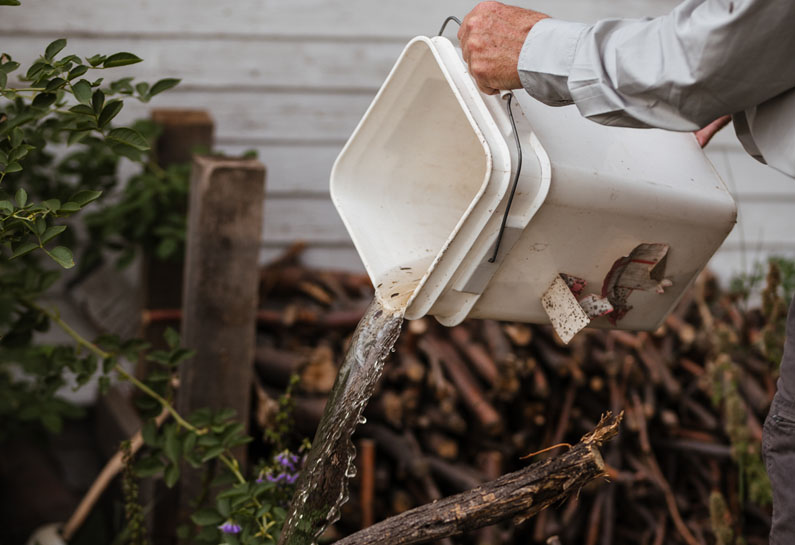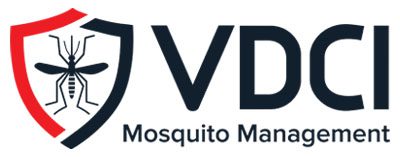How Cold Weather Affects Mosquito Activity
As the seasons change, so do activity levels of bugs and insects. Summer tends to mark the peak of activity for many species, particularly mosquitoes whose irritating bites can detract from the enjoyment of the outdoors. When temperatures decrease leading into Autumn, mosquito activity follows, and they’ll seem to vanish completely once it dips below 50°F. Unfortunately, no matter how cold it gets over the winter, they’ll be back.
Mosquitoes have existed for millions of years, even surviving through the ice age, which has given them plenty of time to adapt to extreme weather and environments. Much of their evolutionary success can be credited to the ability to “hibernate” through the winter – an ability shared with a handful of other insects like yellow jackets, flies, and stink bugs. By entering a state of dormancy, cold-blooded mosquitoes and larvae can withstand freezing temperatures and resume the breeding cycle come spring. While this is possible across the globe, it’s more common in higher latitudes and areas with significant seasonal variation.
How Mosquitoes Survive During the Winter
Diapause is one means of dormancy in which blood-feeding females slow their metabolisms and remain in a paused state of development until emerging as weather conditions improve. Quiescence is another state of survival in which adult populations die, but eggs remain dormant until they’re activated by warming temperatures. Aedes aegypti is one species of mosquito known to possess this ability.
Learn more about diapause variations for Culex pipiens across the U.S.
The mosquito life cycle depends on water, which becomes abundant through melting snow and spring showers. Females can lay hundreds of eggs in very small amounts of standing water that accumulates in bird baths, planters, watering cans, outdoor pet bowls, ornamental ponds, tires, swing sets, potholes, clogged gutters, and many other spaces. Proactively identifying and eliminating mosquito habitats is one of the best ways community members can help limit the surge of mosquitoes and prevent the spread of deadly vector-borne diseases like West Nile Virus, Dengue Fever, Yellow Fever, Easten Equine Encephalitis (EEE), La Crosse Virus, and Zika Virus.
It’s also essential to exercise personal protection to help reduce mosquito bites and the potential for disease transmission.
When Spending Time Outdoors, Remember The "4Ds"
1. DEFEND: Consistently wear and reapply an EPA-approved repellent when outdoors. The safest and most effective repellents should contain one of the following active ingredients:
- DEET
- Picaridin (known as KBR 3023 and icaridin outside the US)
- IR3535
- Oil of lemon eucalyptus (OLE)
- Para-menthane-diol (PMD)
2. DRESS: Wear closed-toe shoes, light colors, and long sleeves and pants to keep your skin protected.
3. DRAIN: Drain and prevent future water collection in outdoor tools and objects. Ensure water can drain properly from any low-lying areas or structures on your property.
4. DUSK & DAWN: Limit spending time outdoors when mosquitoes are most active.
Proactive management goes hand in hand with professional surveillance and disease testing. In partnership with states, municipalities, and local public health entities, VDCI utilizes advanced surveillance tools, laboratory equipment, and other technologies to study mosquito species dynamics, track the spread of disease and, when necessary, target nuisance populations with EPA-registered larvicides and adulticides. An Integrated Mosquito Management (IMM) program incorporates these and other solutions to help combat mosquitoes at every stage of their life cycle.
Mosquitoes are the deadliest creatures in the world – and one of the most resilient. As the earth’s climate continues to rise, so does the risk of contracting a mosquito-borne disease. An IMM program is the most effective solution to protect our communities in the face of this growing threat, and one of the few ways to target mosquitoes at their source, so the public can safely enjoy the outdoors when spring arrives.




Contact Us to Learn More About Effective Mosquito Prevention Strategies:
 Since 1992, Vector Disease Control International (VDCI) has taken pride in providing municipalities, mosquito abatement districts, industrial sites, planned communities, homeowners associations, and golf courses with the tools they need to run effective mosquito control programs. We are determined to protect the public health of the communities in which we operate. Our mosquito control professionals have over 100 years of combined experience in the field of public health, specifically vector disease control. We strive to provide the most effective and scientifically sound mosquito surveillance and control programs possible based on an Integrated Mosquito Management approach recommended by the American Mosquito Control Association (AMCA) and Centers for Disease Control and Prevention (CDC). VDCI is the only company in the country that can manage all aspects of an integrated mosquito management program, from surveillance to disease testing to aerial application in emergency situations.
Since 1992, Vector Disease Control International (VDCI) has taken pride in providing municipalities, mosquito abatement districts, industrial sites, planned communities, homeowners associations, and golf courses with the tools they need to run effective mosquito control programs. We are determined to protect the public health of the communities in which we operate. Our mosquito control professionals have over 100 years of combined experience in the field of public health, specifically vector disease control. We strive to provide the most effective and scientifically sound mosquito surveillance and control programs possible based on an Integrated Mosquito Management approach recommended by the American Mosquito Control Association (AMCA) and Centers for Disease Control and Prevention (CDC). VDCI is the only company in the country that can manage all aspects of an integrated mosquito management program, from surveillance to disease testing to aerial application in emergency situations.

